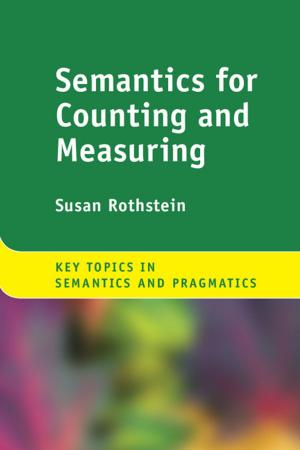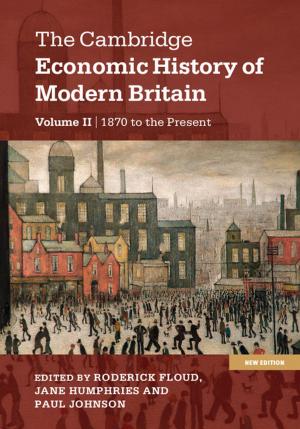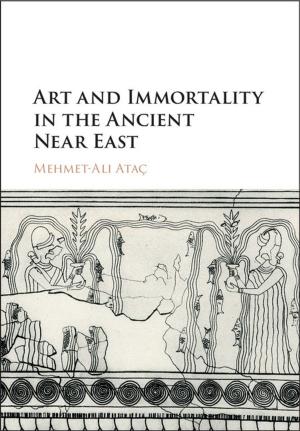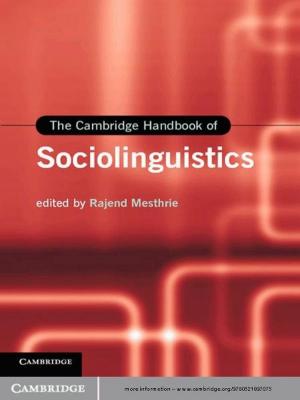The Cambridge History of the Cold War: Volume 3, Endings
Nonfiction, History, Modern, 20th Century, Social & Cultural Studies, Political Science| Author: | ISBN: | 9781316023860 | |
| Publisher: | Cambridge University Press | Publication: | March 25, 2010 |
| Imprint: | Cambridge University Press | Language: | English |
| Author: | |
| ISBN: | 9781316023860 |
| Publisher: | Cambridge University Press |
| Publication: | March 25, 2010 |
| Imprint: | Cambridge University Press |
| Language: | English |
Volume III of The Cambridge History of the Cold War examines the evolution of the conflict from the Helsinki Conference of 1975 until the Soviet collapse in 1991. A team of leading scholars analyzes the economic, social, cultural, religious, technological and geopolitical factors that ended the Cold War and discusses the personalities and policies of key leaders such as Brezhnev, Reagan, Gorbachev, Thatcher, Kohl and Deng Xiaoping. The authors show how events throughout the world shaped the evolution of Soviet-American relations and they explore the legacies of the superpower confrontation in a comparative and transnational perspective. Individual chapters examine how the Cold War affected and was affected by environmental issues, economic trends, patterns of consumption, human rights and non-governmental organizations. The volume represents the new international history at its best, emphasizing broad social, economic, demographic and strategic developments while keeping politics and human agency in focus.
Volume III of The Cambridge History of the Cold War examines the evolution of the conflict from the Helsinki Conference of 1975 until the Soviet collapse in 1991. A team of leading scholars analyzes the economic, social, cultural, religious, technological and geopolitical factors that ended the Cold War and discusses the personalities and policies of key leaders such as Brezhnev, Reagan, Gorbachev, Thatcher, Kohl and Deng Xiaoping. The authors show how events throughout the world shaped the evolution of Soviet-American relations and they explore the legacies of the superpower confrontation in a comparative and transnational perspective. Individual chapters examine how the Cold War affected and was affected by environmental issues, economic trends, patterns of consumption, human rights and non-governmental organizations. The volume represents the new international history at its best, emphasizing broad social, economic, demographic and strategic developments while keeping politics and human agency in focus.















